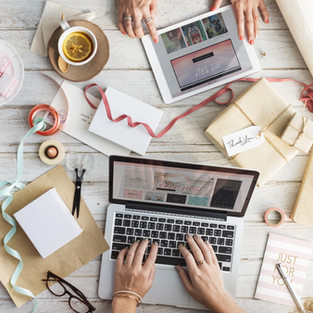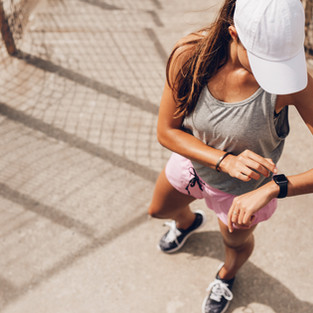- Writer
- Apr 22, 2020
- 1 min read
Get my #tattoosfornow from Inkbox!

I'm so happy I can continue to put art on people while we're socially distanced. Visit the inkbox website to get yours! The ink lasts for 1-2 weeks and every tattoo sale helps support an artist. These designs are just the first to launch, there'll be more to come so stay tuned and thank you for the love! Nothing but gratitude for all of you and and so excited for this opportunity to collaborate with Inkbox.
























